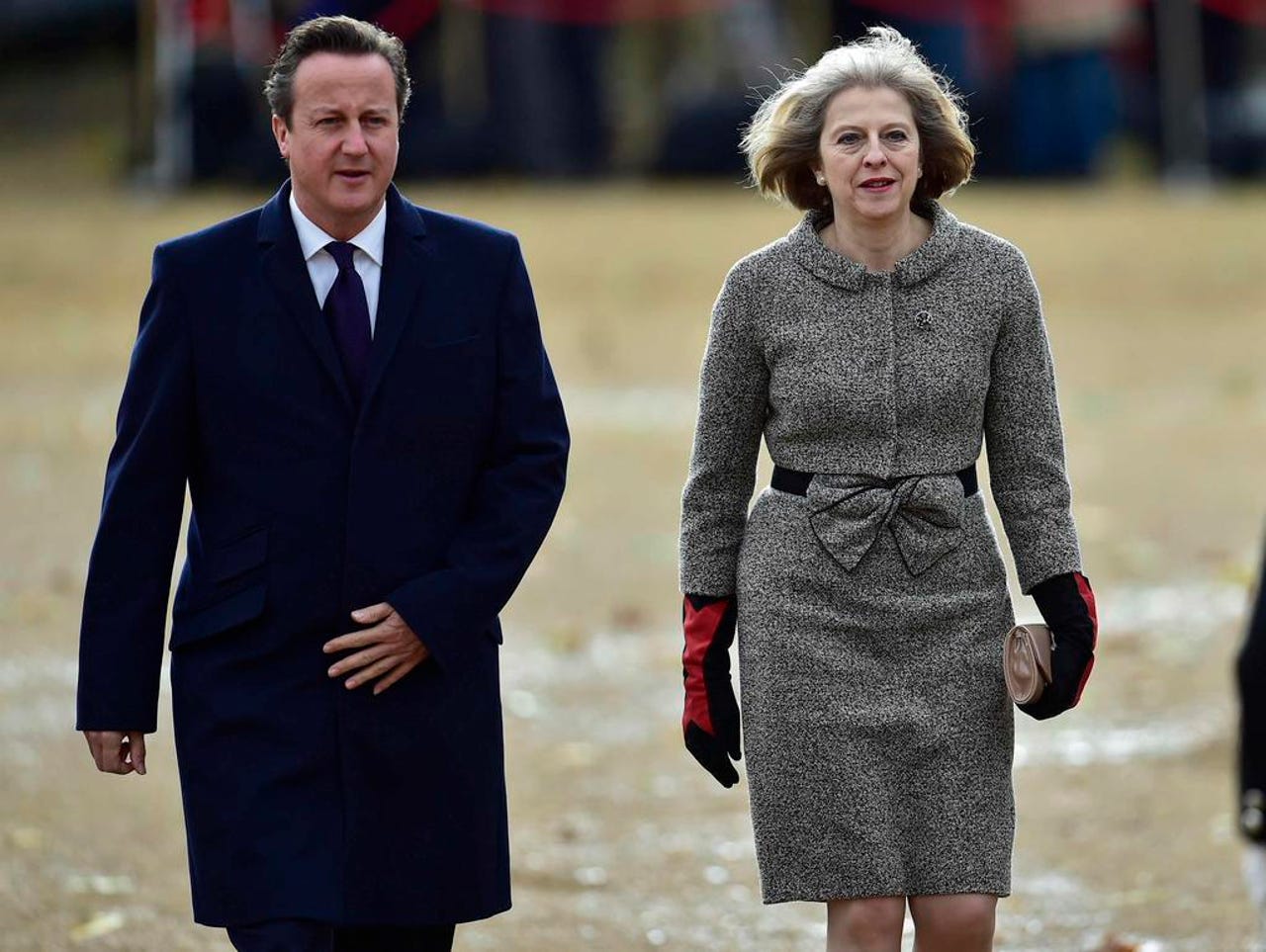Privacy set to be biggest casualty of UK election, as "snoopers' charter" returns


The new UK government is set to reintroduce a controversial bill, expanding the country's surveillance powers.
Home Secretary Theresa May said Friday, within hours of the prime minister David Cameron declaring a Conservative majority in Thursday's general election, that the draft powers were "one very key example" of policy previously blocked by the coalition's partners.
"A Conservative government would be giving the security agencies and law enforcement agencies the powers that they need to ensure they're keeping up to date as people communicate with communications data," said May in an interview with the BBC.
That law, the Draft Communications Data Bill (but also known by critics as the "snoopers' charter") would give government agencies far wider access to phone records and browsing activity, text messages, and social media use.
It gained considerable criticism from Internet companies and privacy groups when it was first introduced more than three years ago, but was blocked by Liberal Democrat coalition partner Nick Clegg.
Following the Charlie Hebdo attacks in France earlier this year, the prime minister said he was looking to outlaw digital encryption and revive surveillance laws.
France and Canada followed in similar footsteps, pushing surveillance bills through their respective parliaments -- and succeeding.